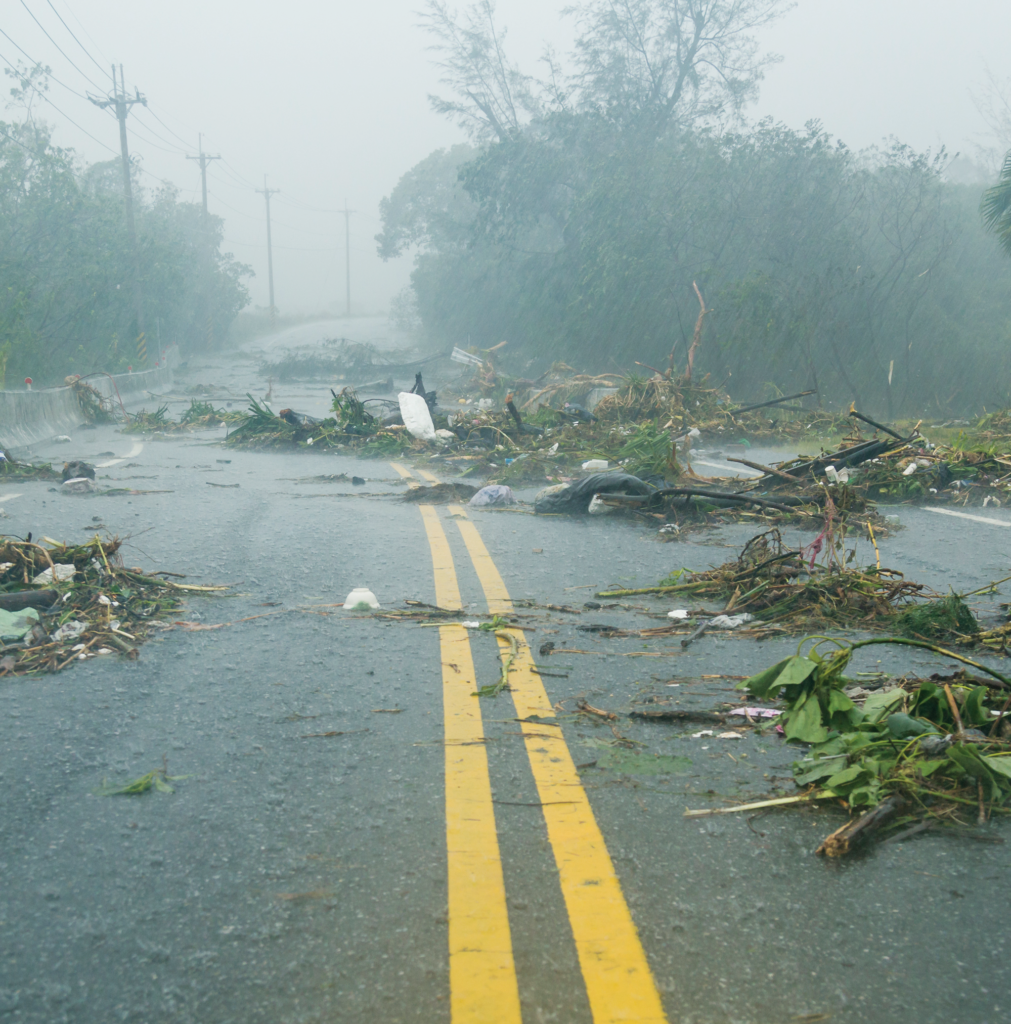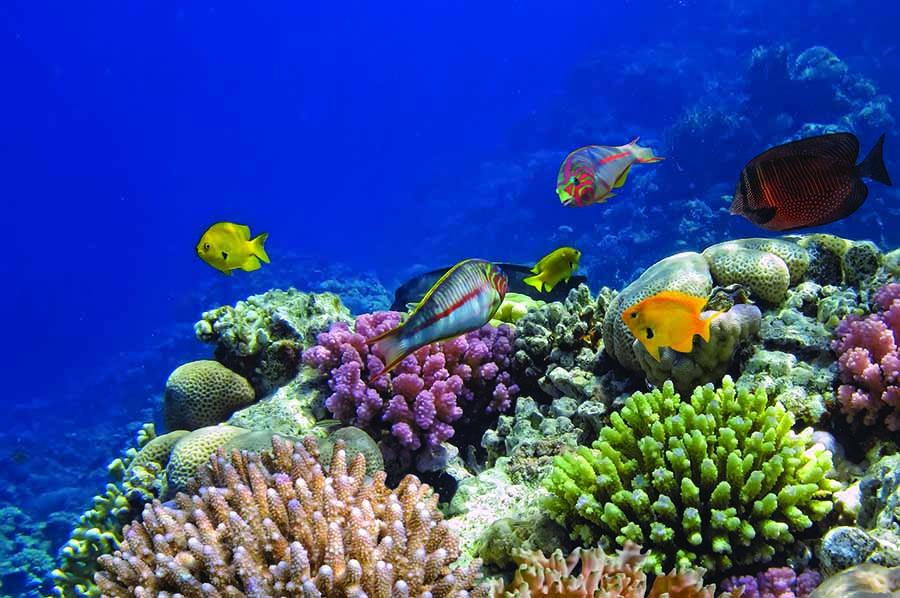Generating Innovative Solutions on Critical Social, Behavioral, Economic and Environmental Issues
“Hawai‘i serves as a natural laboratory for social science research. With its multicultural population and unique geographical setting, it is an ideal location to conduct significant research and applied investigations that generate innovative solutions for critical social, behavioral, economic and environmental issues challenging Hawai‘i and the Asia Pacific region,” said Denise Eby Konan, dean of the College of Social Sciences at the University of Hawai‘i at Mānoa (UH Mānoa).
The Social Science Research Institute (SSRI), housed within the College of Social Sciences, was established by UH Mānoa in 1961 in response to this opportunity. Today, SSRI’s team of researchers, who collaborate across a broad range of disciplines, are leaders in the areas of health informatics, economics, environmental change, behavioral health and social innovation.

“SSRI is currently comprised of six major programs. These programs are great assets and provide unique social science perspectives in areas that play essential roles in the university’s research efforts. One example is the TASI (Telecommunications and Social Informatics) / PEACESAT Program of the Social Science Research Institute. Its over-arching mission is to facilitate and conduct interdisciplinary and applied research in issues relating to health care disparities, including health care cost and value; health information technology; health care informatics; Information and Communication Technologies (ICT) and telecommunication services in underserved and rural locations,”said Judith Inazu, acting director of SSRI.
Adds Inazu, “The United States and many other countries have initiated major transformations in the use of health information technology to improve patient safety, clinical care, healthcare system efficiency, bio-surveillance, public health reporting, and research in healthcare. With expertise in health-care informatics policy, planning and technology systems, TASI is positioned to be a significant contributor in the use of emerging technologies to improve health outcomes.”
SSRI’s University of Hawai‘i Economic Research Organization (UHERO) conducts rigorous, independent economic research on issues that are both central to Hawai‘i and globally relevant. Its analyses are distributed widely to promote research-driven dialogue and inform public- and private-sector decision making in Hawai‘i.
Since 1997, UHERO has established itself as the premier source for economic forecasts and analysis in the state. Its unique Data Portal provides access to a one-stop shop for local data and research on the visitor industry, income, employment, and other crucial indicators of Hawai‘i’s economy.
UHERO is also involved in research programs that address many of the key policy challenges facing Hawai‘i and the Asia Pacific region. The Energy and Greenhouse Gas Solutions (EGGS) program is a resource for individuals interested in issues of energy and greenhouse gas emission reduction. Utilizing a trans-disciplinary approach to research, EGGS brings together economists, planners, engineers and system modeling experts to address issues related to energy, as well as climate change mitigation. Project Environment applies formal economic analysis to the study of Hawai‘i’s key environmental issues, such as pollution control, water allocation and pricing, and control of invasive species.
The Hawai‘i Coral Reef Initiative Research Program in SSRI supports research and monitoring to more effectively manage coral reef eco-systems in Hawai‘i. It works with county, state and federal agencies and private organizations to: assess major threats to coral reef ecosystems; build management capability for more effective management; develop relevant database and information systems; conduct public awareness programs on threats to coral reef ecosystems; and implement education and training for coral reef scientists and managers.
The Hazards, Climate & Environment Program (HCEP) works with local and regional stakeholders and experts in physical and biological science, engineering, and social and cultural knowledge to assess risk and vulnerability from hazards, climate change, and environmental degradation, and to develop risk reduction methods to build resilient communities.
SSRI’s Office for Evaluation and Needs Assessment Services conducts program evaluation and needs assessment research primarily for public and private non-profit programs. The office provides continuing education and training, technical assistance and consultation, and opportunities to work with a multi-disciplinary team on complex public policy issues and programs.
Established in 1976 by the Hawai’i State Legislature, the Center for Oral History (COH) preserves the recollections of Hawai’i’s people through oral interviews and disseminates oral history transcripts to researchers, students, and the general community. As a resource center for oral history materials, COH also develops books, articles, catalogs, brochures, photo displays, and videotapes.
The importance of the social sciences in solving today’s complex problems is reflected in the growing research portfolio in the College of Social Sciences and its Social Science Research Institute. Since 2000, extramural funding levels have increased 284 percent, from just under $4.3 million in 2000 to more than $16.5 million in 2016.


